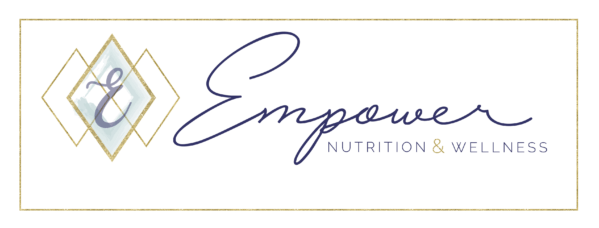“Clean eating” is a popular diet trend that is widespread throughout food blogs, books, and social and popular media. Despite its popularity there is a lack of consensus on what clean eating actually entails. Definitions typically include eating whole and minimally processed foods, but also may include aspects such as eating only organic, plant-based or home cooked foods. Some more extreme strategies also suggest elimination of certain food groups such as grains or dairy. Despite its growing popularity little research has been done whether it is a helpful or harmful eating strategy.
Due to clean eating placing an emphasis on restriction of foods and omission of food groups without justification it may lead to restrictive eating patterns that can closely resemble that of an eating disorder. When taken to an extreme it may have negative health consequences similar to those of eating disorders such as reproductive issues, osteoporosis, irregular heartbeat, difficulty concentrating and depression. Clean eating may also mask already existing eating disorder attitudes and behaviors. One clinician summed up this concept by saying “at best, clean eating is nonsense dressed up as health advice. At worst, it is embraced by those with underlying psychological difficulties and used to justify an increasingly restrictive diet- with potentially life-threatening results”.
One study asked undergraduate women to define clean eating and then examined associations between perceptions on clean eating and disordered eating habits. Participants in the study were asked to read vignettes featuring five “clean” diets all of which were described to cause mild functional impairment. This study found that undergraduate women defined clean eating in varied but overwhelmingly positive terms. Respondents held these positive attitudes even despite the distress and disruption described in the vignettes. This study also found that favorable perceptions of rigidly maintaining a clean diet was linked with eating disorder symptomology.
Clean eating also contributes to nutrition misinformation among the general public. Clean eating blogs are not usually authored by people who are qualified to give nutrition advice. One study looked at the nutrient content of recipes on clean eating blogs and compared them to recipes without clean eating claims. This study found similar calorie and nutrient profiles for similar recipes with or without clean eating claims. Researchers observed no significant differences in calorie, sugar or sodium content between clean eating recipes and the control recipes. This was likely due to recipe substitutions that were similar in nutritional value. For example, the use of coconut oil, maple syrup and nut milks were often used in replace of butter, sugar and cow’s milk. The only difference found was that the clean eating recipes were noted to be higher in protein, fat and fiber. This was likely explained by the increased use of higher protein items such as nuts, eggs, protein powder and nut-based flours. Authors of this same study also suggest that foods labeled as “clean” may have a “halo” effect. The halo effect has been shown to influence food consumption with studies showing people may consume up to 35% more of a food if it is regarded as a healthier version of a product.
Although clean eating may seem like a healthy way of eating it may come with some negative consequences. Margaret McCartney, GP and frequent contributor to the British Medical Journal summaries clean eating best when she wrote: “Food should be our pleasurable fuel, not our quest and destination. We’re all going to die, regardless of how much quinoa we eat. The command to eat cleanly implies that everyone else is filthy, being careless with their bodies and lives. It comes with promises of energy boosts, glowing skin, spirituality, purity, and possibly immortality. But this nonsense is all based on a loose interpretation of facts and a desire to make the pursuit of wellbeing an obsessive, full time occupation.”
References
Ambwani, S., Shippe, M., Gao, Z., & Austin, S.B. (2019). Is #cleaneating a healthy or harmful dietary strategy? Perceptions of clean eating and associations with disordered eating among young adults. Journal of Eating Disorders, 7(17). https://jeatdisord.biomedcentral.com/articles/10.1186/s40337-019-0246-2
Dickinson, K.M., Watson, M.S., & Prichard, I. (2018). Are Clean Eating Blogs a Source of Healthy Recipes? A Comparative Study of the Nutrient Composition of Foods with and without Clean Eating Claims. Nutrients, 10(10), 1440. https://doi.org/10.3390/nu10101440
McCartney, M. (2016, July 25). Margaret McCartney: Clean eating and the cult of healthism. BMJ, 354:i4095. https://doi.org/10.1136/bmj.i4095
